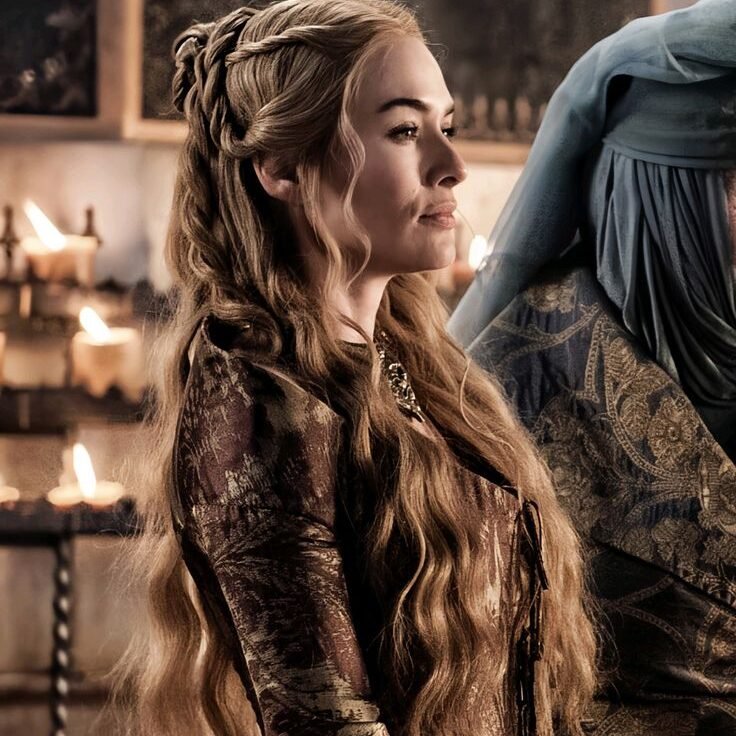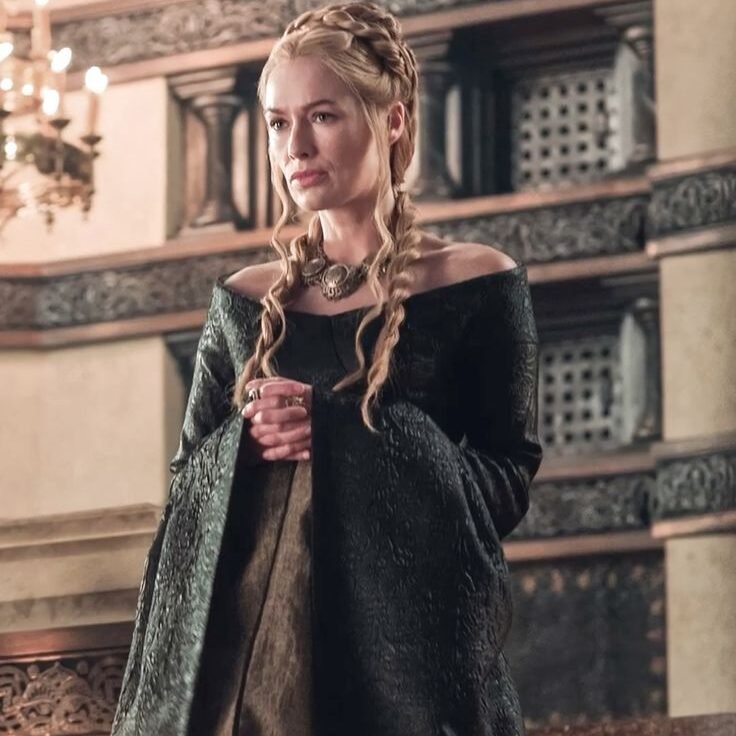Cersei Lannister: The Villain We Loved to Hate
Cersei’s Evil Side
Cersei Lannister, from Game of Thrones, is one of the most unforgettable characters in the entire show. From the moment she appeared, many fans couldn’t stand her. She had a smug attitude, like when she made Ned Stark kiss her hand in the first episode. That moment set the tone for how people felt about her—she was arrogant, and fans quickly despised her. She was also one of the best villains the show ever had. While her twin brother Jaime showed growth and changed throughout the series, Cersei remained a villain all the way to the end. Sure, she loved her children deeply, and that love showed her human side. But still, she was never the character you rooted for because her goals often clashed with those of the heroes like Jon Snow and Daenerys Targaryen.

As the show went on, Cersei’s evil deeds piled up. She had Sansa’s dire wolf executed, plotted against her husband Robert Baratheon, and tormented poor Sansa Stark in King’s Landing. Every time she was punished, like during her Walk of Shame, it didn’t feel satisfying, unlike when characters like Ramsay Bolton or Walder Frey met their ends. Cersei’s moments of defeat didn’t give the audience the same feeling of victory. Even when the Faith Militant turned on her, it was hard to feel sorry for her because she caused most of her own problems. But despite all that, she kept plotting and scheming. By the last season, she was the same antagonist, holding onto her power at all costs.
Cersei’s Surprising Death Scene
In the final season, Cersei continued to show her cold-hearted side. She was thrilled to hear that the Army of the Dead had broken through the Wall, hoping they would wipe out her enemies in the North. She even sent an assassin to kill her brothers, Tyrion and Jaime, and executed one of Daenerys’ close friends just to provoke her. At that point, most fans were eagerly waiting for her to meet a gruesome end. Many expected something big, maybe a battle scene or Daenerys’ dragon finishing her off in a fiery blaze.
But, Cersei’s death didn’t play out like that. Instead, her final moments were far more emotional. When the walls of the Red Keep started to collapse around her, she broke down, showing fear and panic like never before. “I don’t want to die… not like this,” she cried. It was one of the rare times we saw her so vulnerable. Jaime found her, and they embraced as the building fell. Rather than feeling satisfied or cheering for her downfall, many viewers felt sympathy for her in those last moments. Cersei, the fierce and calculating queen, was now just a terrified woman. It was a powerful scene, and many fans were surprised by how sad it made them feel.
What Cersei’s Story Teaches Us
Cersei’s character was unique because she wasn’t just a one-dimensional villain. Throughout the series, we saw her suffer. Unlike villains like Joffrey or Ramsay, who seemed to enjoy causing pain and had little depth, Cersei had moments where we could understand her motivations. Her love for her children was one of her most defining qualities, and every time she lost one, we saw her human side.

Her story reminds us that revenge and punishment don’t always bring satisfaction. In her Walk of Shame, the loss of her children, and even her death, it was hard to celebrate her suffering. This is because her story wasn’t just about making her pay for her evil deeds. It was also about making the audience think. The writers of the show didn’t want us to feel good about her downfall. Instead, they wanted us to question the desire for revenge. The director of the final season even said that they wanted to challenge fans by showing how ugly death and destruction can be, even when it happens to a villain.
Cersei’s story is a lesson in empathy. She did terrible things, and many would say she deserved her fate. But, by showing her suffering, the show forced us to see her as a person, not just an evil queen. In the end, Game of Thrones didn’t give us the revenge we wanted. It gave us something deeper—a chance to reflect on how we respond to punishment and whether seeking revenge really leads to a better world. Even though Cersei was cruel until the very end, her death scene made us think about the cost of revenge and reminded us that, sometimes, there’s no joy in watching someone suffer, even if they deserve it.
